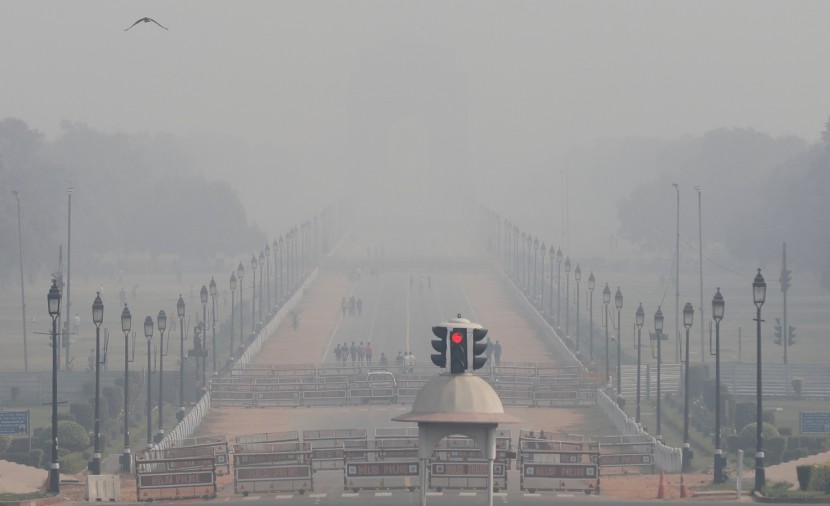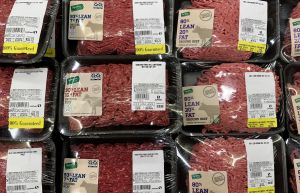
Following the celebration of Hindu's festival of lights or Diwali, hundreds of millions of Indians residing in the northern part of the country woke up to toxic smog that filled the air on Sunday as revelers broke the ban on firecrackers amid the celebration.
A thick haze covered India's capital, New Delhi. The air toxicity level became very high that the reported pollution went over nine times the average, which is considered by the World Health Organization as not safe.
Despite the ban imposed by Delhi's Chief Minister Arvind Kejriwa on the sale and use of firecrackers, many people still defied the ban. They made it very difficult to implement the policy fully.
Following a night of celebrations, many of the revelers in New Delhi let off fireworks into Sunday morning. This earned the ire of residents and many environmentalists who complained of stinging eyes and breathing difficulty to social media.
In a statement, Sweccha founder Vimlendu Jha threw shade at those who defied the ban and burst firecrackers saying that the gods must be pleased that many of their followers have caused other people to suffer, especially those who were choked to despair. Swechha is a non-profit environmental group in India, CNN reported.
Many defended the firecrackers' use, arguing that it is an essential part of the celebration that is part of millions' religious traditions across the country.
Read also: British Serial Killer Dies from Complications Caused by the Deadly Coronavirus
In a tweet, a leader of Prime Minister Narendra Modi's Bharatiya Janata Party, Tarun Vijay, defended the celebrations and said that the defiance against the cracker ban is a form of a Hindu-freedom battle cry.
The air pollution levels of New Delhi usually worsens from October to November since many farmers burn their agricultural waste at this time. Moreover, the windless days, heavy traffic, and coal-fired power plants also contribute to pollution.
On top of this, just last year, several cities in the states of Uttar Pradesh, Punjab, Bihar, Haryana, and New Delhi, which have already been known to have the worst cases of air pollution in the world, worsened the morning after Diwali, The Guardian reported.
In addition, based on data from the Central Pollution Control Board, the air quality indices, the air within the cities in the said states have been examined and were found to be even higher than that of last year.
Aside from this, India has also seen a huge hit from the coronavirus pandemic. It has been proven that air pollution may contribute to higher death rates and make the community more vulnerable to COVID-19. Thus, firecrackers have not only been banned during Diwali but have been officially banned in New Delhi and across other cities.
In place of the usual celebrations, many have also pushed for a virtual celebration of Diwali. TV stations broadcast prayer ceremonies, and the same thing has been done on social media. The move was to encourage people to stay at home and still be able to celebrate the festival. However, many people still pushed to celebrate their traditions, Yahoo! News reported.
Related article: Honduras and Nicaragua Prepare for Storm Iota, Make Ready Evacuation Centers
© 2026 HNGN, All rights reserved. Do not reproduce without permission.








